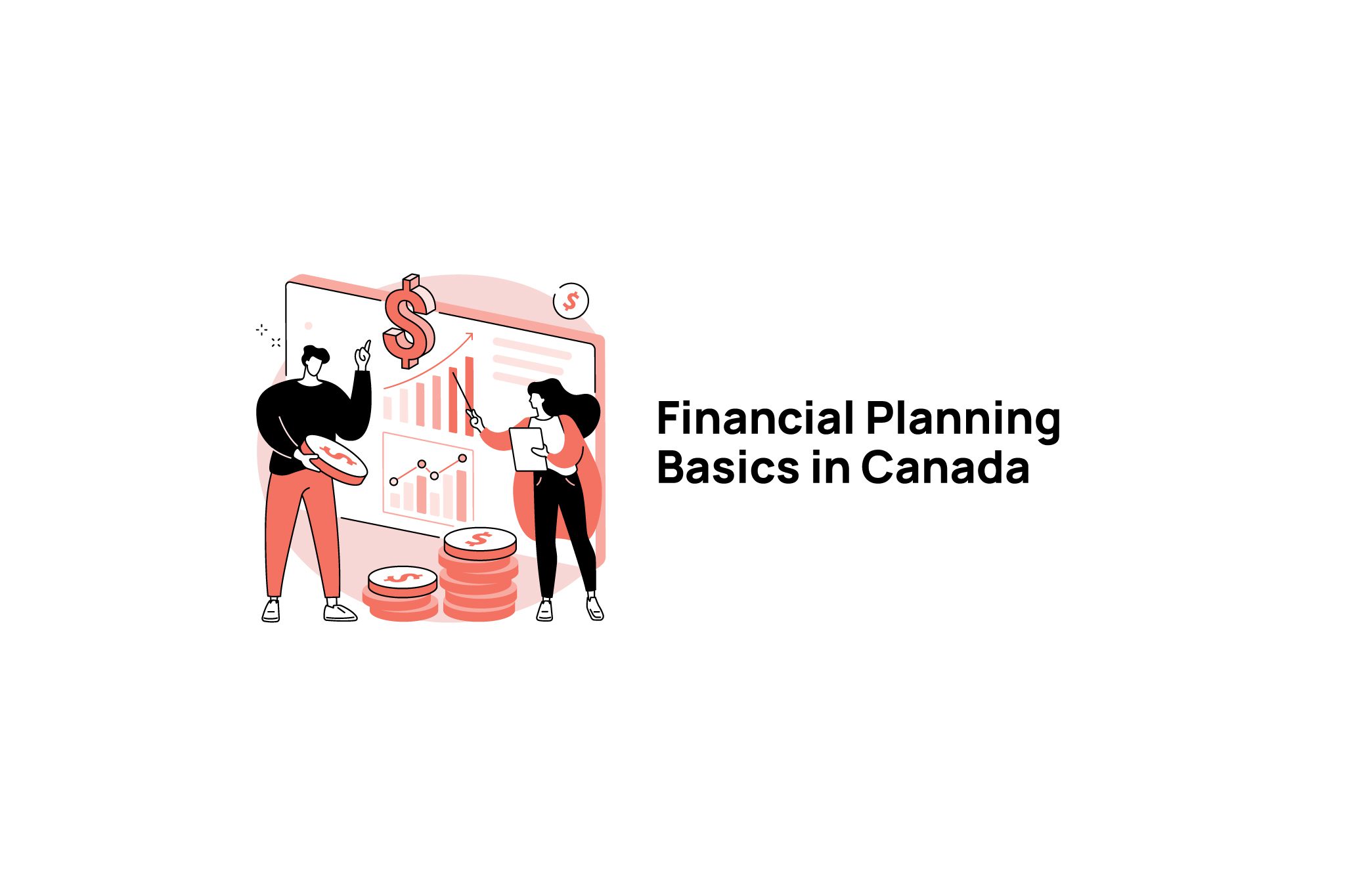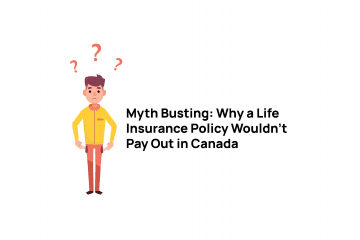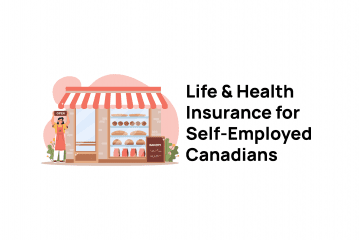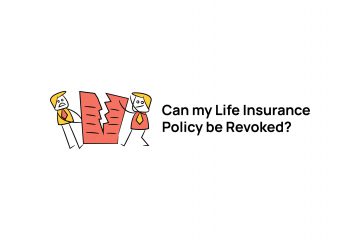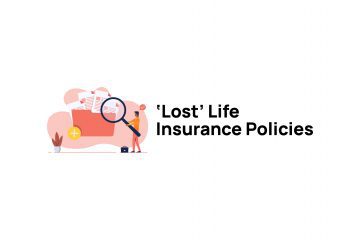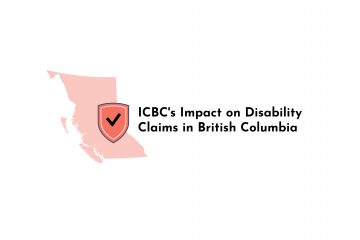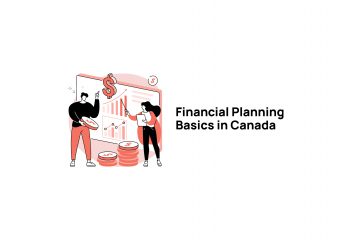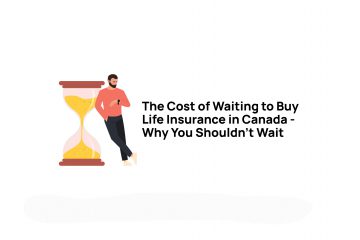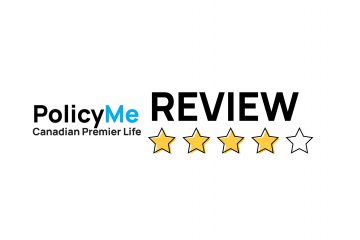In the world we live in, we are constantly being bombarded with media. Advertisements seem to be omnipresent in our world. With the way media is consumed these days, we see fewer commercials on television but think of all of the places we see ads that never happened before. How often are you writing patiently for 5 seconds so you can click that ‘skip ad’ button online? Do you remember when we weren’t forced to sit through 10 minutes of ads at the movie theatre before the ‘feature presentation’ that you were there to see? One of the most pervasive themes in advertising is the idea from financial companies (banks, insurance companies, mutual fund companies etc.) is that everyone needs a financial plan. In fact, the importance of financial planning is well-acknowledged by most people. As a comparison, we often hear the idea of financial planning being compared to preparing for a holiday. You wouldn’t leave on a road trip without having a destination in mind and a general idea of how you were going to get there. Your financial plan is the same principle. You have a goal in mind, and you need a map of how to get there. So, we’ve acknowledged that it is important to have a financial plan and, based on the sheer volume of advertisements, that there are a multitude of choices on who we can create the plan with. So why do so many Canadians not have a plan? In a 2022 survey, 61% of Canadians said that they didn’t work with a financial professional. The answer that we often run across is that someone doesn’t know where to start, so they don’t start at all. Here’s a quick breakdown of what a financial plan should address to give you an idea of where to start.
In This Article:
Planning Opportunities
When we set out to create a financial plan for a client, there are three main areas that we focus on, and there is an order to them that is related to the importance each aspect should have placed on it.
- Uncontrollable life events – a plan needs to be in place to address events that are unexpected and can have catastrophic results if they aren’t planned for properly.
- Controllable events – these are your long-term goals. You need a plan in place to help keep you on track to get there. Think of retirement, saving to buy a cottage or something along those lines. A big event that you hope to have happen in the future that you are starting to save for today.
- Growth opportunities – these are the financial opportunities in your life that will arise. Different examples could be starting up a business or purchasing a speculative investment like investment real estate.
With these three core areas covered, you will have a fairly comprehensive financial plan. Now let’s dive a built deeper into each area and see what building a plan in each area may entail.

Uncontrollable Life Events
These are the things that no one really wants to think of. What would you do if you had a financial emergency? This can be something like the loss of your job, a serious illness that impacts your ability to work or even an untimely death. Here’s the reality of many of these types of events. They can have financially devastating effects, and most people operate based purely on blind faith that these types of things happen to other people, not to themselves. It is the pure randomness of these types of things that make their impact so severe, though. How often has someone thought that they do a great job looking after themselves physically? They watch what they eat and exercise regularly. They take all the steps to make themselves comfortable, thinking that ‘it can never happen to me.’ Let me ask you a question, do you think Mario Lemieux looked after himself before being told he had Hodgkins’ Lymphoma? I am willing to guess that no matter how hard you try to look after yourself that many of the names on the lengthy list of professional athletes and celebrities that have suffered an unexpected and severe health crisis tried at least as hard as the average person to ‘look after themselves’. There is a randomness to these types of events that can’t be predicted. This is why the life and health insurance industries exist. If life didn’t have unpredictable events, no one would need disability insurance. But they do. How does this impact your financial plan? You need to make sure that your plan includes protection for your loved ones who would be impacted financially if you were to pass away unexpectedly (life insurance). You need to make sure that if you are injured or ill and can’t go to work that your income is protected (Long Term Disability Insurance). You should make sure that if you are diagnosed with a severe illness, you receive an infusion of capital that can help in a variety of ways (Critical Illness Insurance). These are priorities because, as I mentioned, they are unknown events that have a potentially devastating effect on your life.
Get a free quote
Controllable Events
This is the list of things that, more often than not, people think of when they consider financial planning. This is where you would plan for things that you are saving for in the future with money from today. Retirement is the most common long-term goal people want to plan for. For this goal, you should see an advisor put together a plan that utilizes workplace savings plans (pensions, group RRSPs), personal RRSPs, TFSAs and non-registered savings plans to provide a path to achieving your retirement goal. A good advisor will provide you with a plan that factors several things like your life expectancy, current assets and predicted taxation of your income into the picture. This will give you a guideline as to how to best use all the tools available to you to achieve your goal in the most efficient way. Other goals that could fit into this category would be someone who wants to plan to make a major purchase in the future. A cottage (or camp, or a cabin, depending on where you are in Canada when you read this) is an example of a major purchase that having a plan on how to achieve it will help in the long run.
Growth Opportunities
Once you have looked after the uncontrollable and controllable events in your financial plan, It may be time to look for opportunities to grow your net worth more quickly. When you are looking at the controllable events in your life, it is common to include a plan to build up a buffer account with savings that are liquid and easily accessible. Famously, this is considered an emergency fund, and the idea was always that you should have two months’ worth of your earnings set aside in an account to smooth out any unexpected expenses. The idea here is that the building of an emergency fund is a controllable situation. The fact that it helps offset the effects of an uncontrollable event is a bonus for taking the time to prepare the plan. ‘Emergency funds’ don’t really have to be simply for emergencies, though. Think about this, what would you do if presented with a financial opportunity today that was unexpected? Would you have the money to take advantage of it? Having a plan that includes building up a savings buffer allows you the opportunity to take advantage of this type of offering without needing to worry about it derailing other portions of your plan.

Conclusion
As you can see, the idea of planning for your financial future is important and includes a variety of ideas, many of which are intertwined. Making sure that there is a strong foundation in place to handle the things that you don’t expect but can have a severe impact on your life is essential. From there, planning for growth into your future is time well spent.
